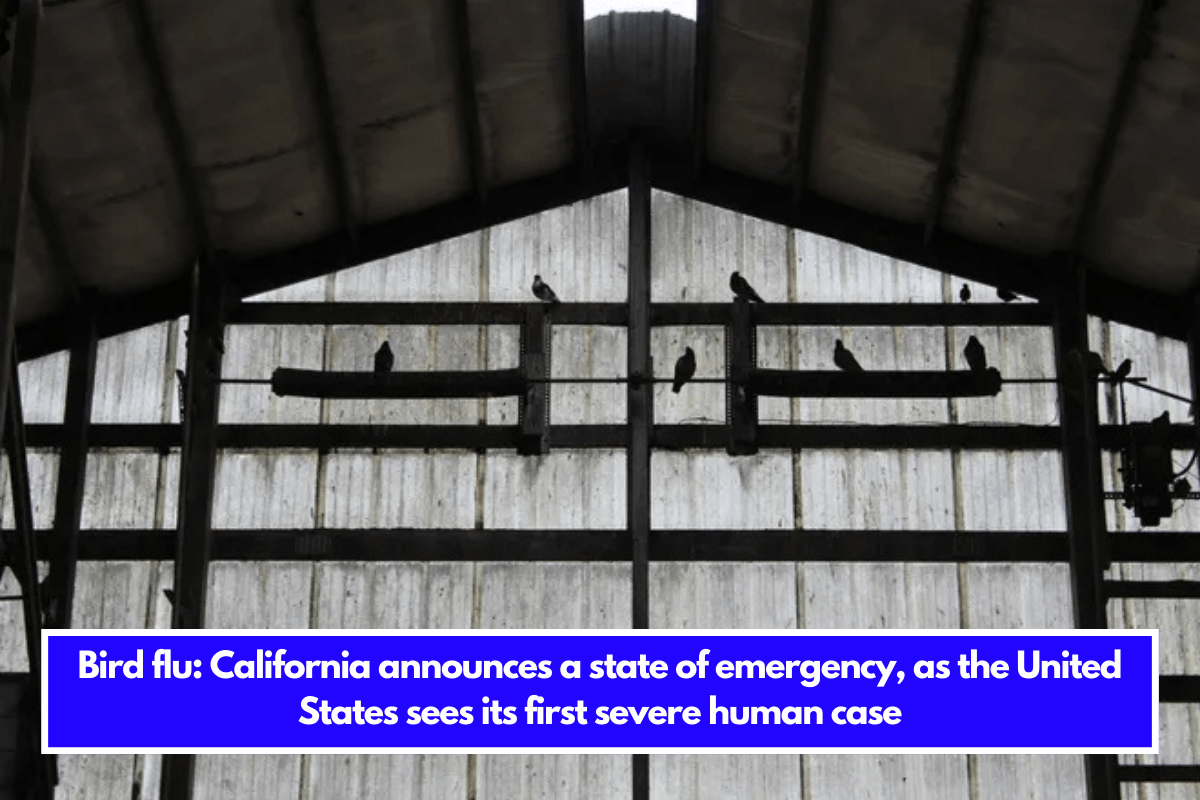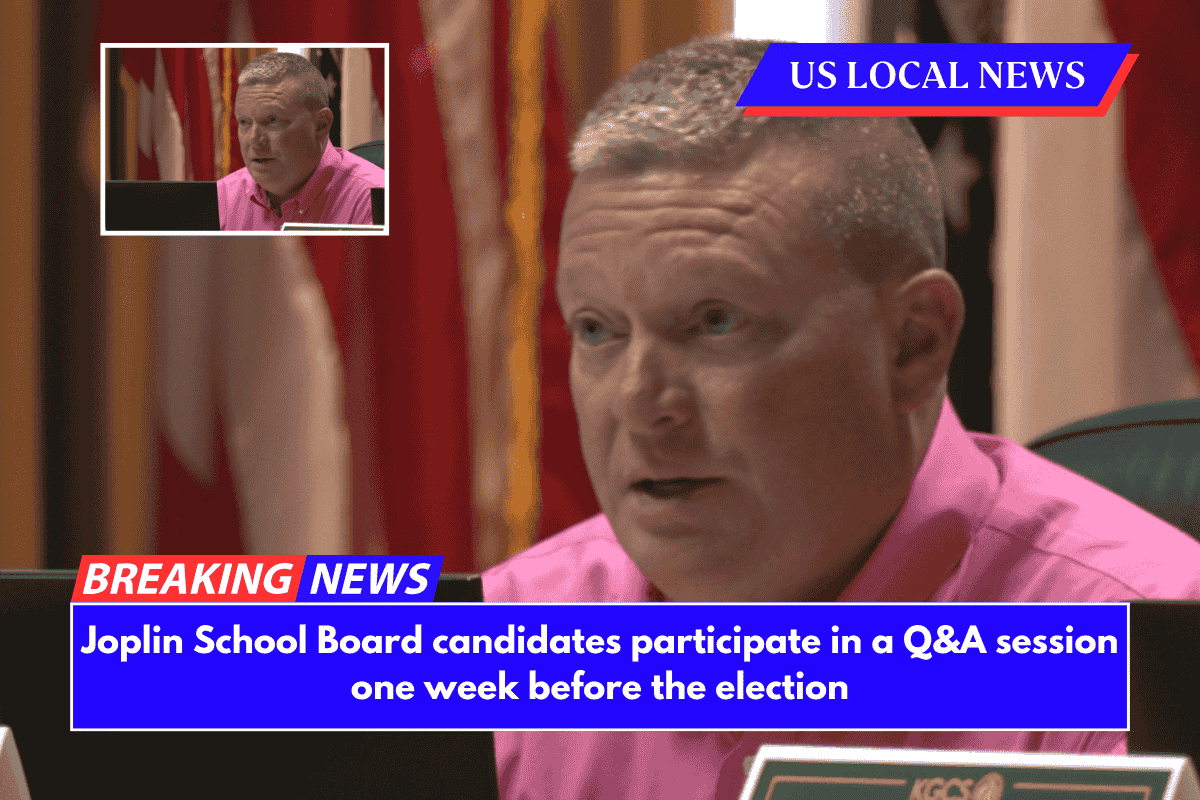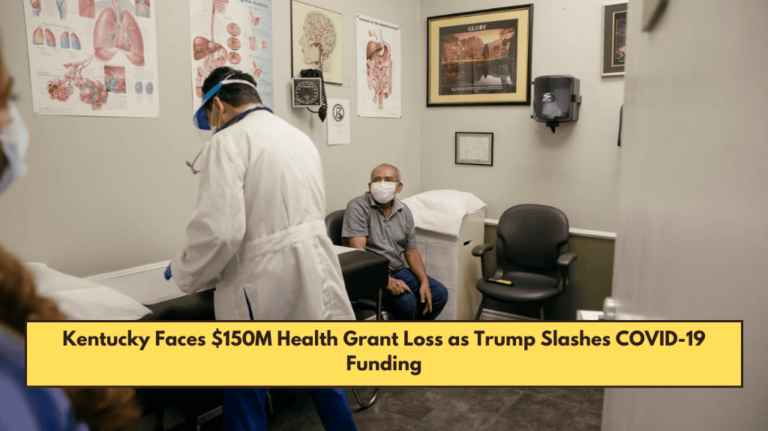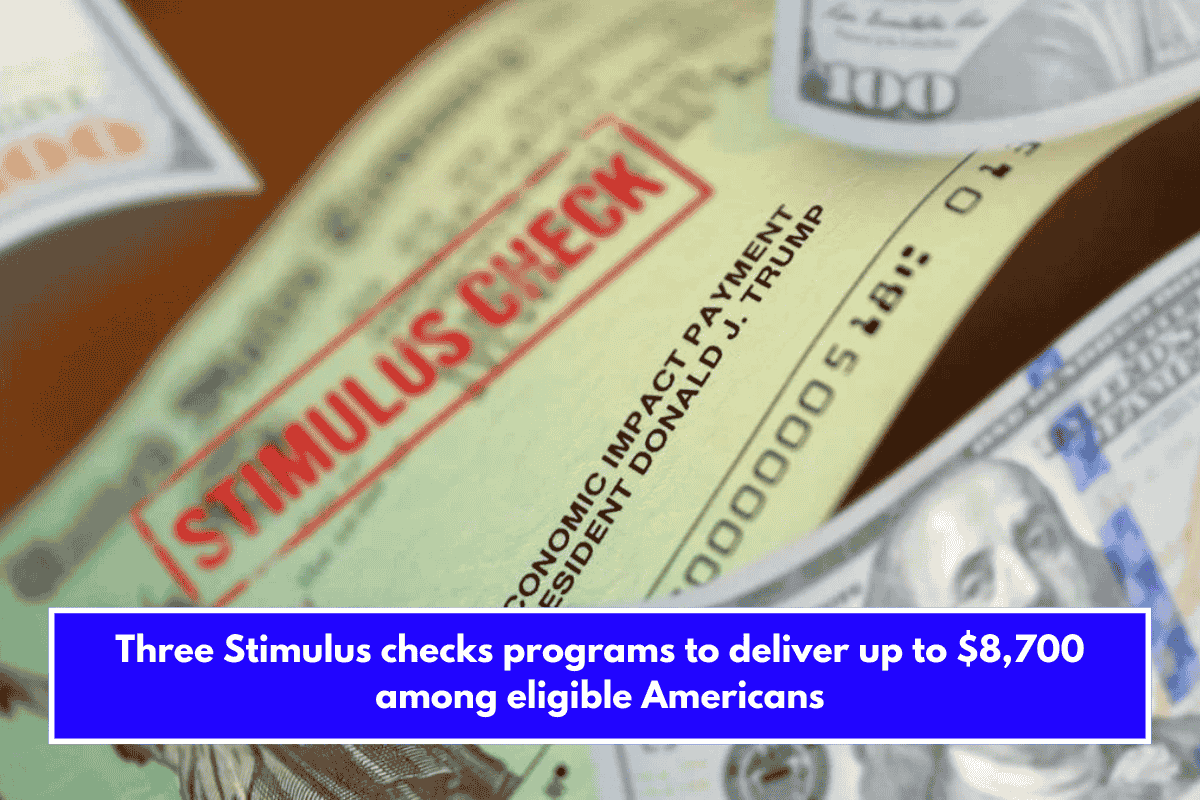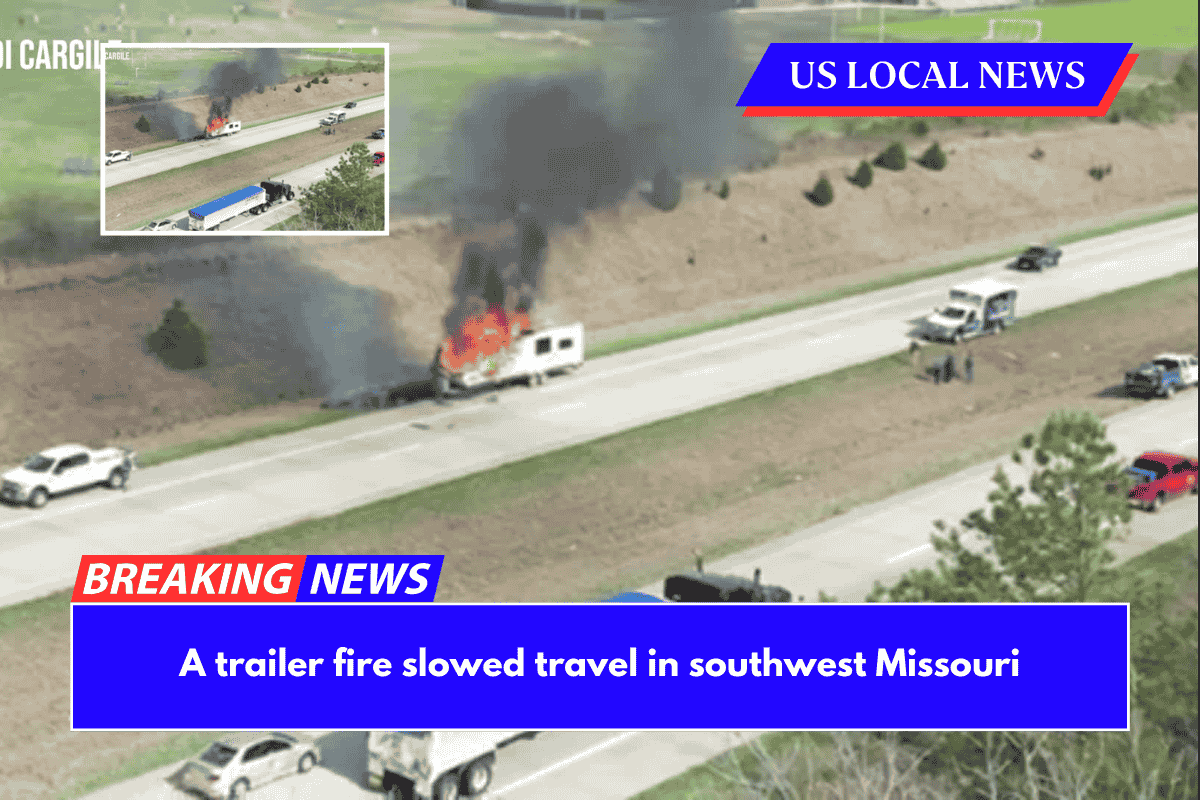A Louisiana citizen who came into contact with sick and dead birds in their backyard flock has become the first person in the United States to develop severe bird flu symptoms, according to a federal health official.
According to a statement released by the Louisiana Department of Health, the patient, who is above the age of 65, has been hospitalized and is suffering from severe respiratory infection.
The individual was also reported to have an underlying medical condition, which increases their chance of serious sickness.
Demetre Daskalakis, head of the CDC’s National Center for Immunization and Respiratory Diseases, stated that the case is the first to be connected to backyard, non-commercial chicken.
He informed reporters that the majority of human cases of bird flu with mild symptoms were infected through direct contact with dairy cows.
The virus strain that infected the Louisiana patient is of the D1.1 genotype, which has recently been found in wild birds in the United States, British Columbia, Canada, and Washington state. It’s the same strain that infected a teenager in Canada.
Daskalakis stated that this strain of the virus differs from the B3.13 genotype found in dairy cows, most human cases, and huge commercial poultry farm outbreaks.
There have been 61 confirmed human cases of avian flu in the United States as of 2024. According to the CDC, more than half of these cases occurred in California.
The infection comes as California officials declare a state of emergency to combat a bird flu outbreak that is spreading among the state’s dairy herds.
Bird flu was initially detected in dairy cattle in central California in August. As of Monday, 649 dairy had confirmed illnesses. According to USDA data, over 300 dairy herds, or more than 25% of the state’s dairy herds, have tested positive over the last 30 days.
Since the avian flu virus was first discovered in dairy cattle in Texas and Kansas in March 2024, it has spread to 16 states.
The discovery of the virus at dairy farms in Southern California prompted state Governor Gavin Newsom to proclaim a state of emergency in order to begin a more coordinated statewide response and increase monitoring.
“This proclamation is a deliberate move to guarantee that government agencies have the resources and flexibility required to respond rapidly to this outbreak.
Building on California’s testing and monitoring system, which is the largest in the country, we are committed to further protecting public health, supporting our agriculture business, and ensuring that Californians have access to accurate, up-to-date information,” Newsome said in a statement.
Vaccine trials underway for dairy cattle
While speaking at the Farm Progress Show in Iowa in late August, U.S. Secretary of Agriculture Tom Vilsack said that the USDA has approved field trials to test vaccines targeted at preventing avian flu from infecting dairy cattle.
On October 24, the Department of Health and Human Services stated that the USDA had begun the studies.
Eric Deeble, USDA’s deputy undersecretary for marketing and regulatory programs, told reporters that seven experiments were now underway and in the early phases of development. He refuses to say where the herds were.
Despite the revelation of the country’s first “severe” case of bird flu in a human, Deeble stressed that the virus is not endemic in dairy herds and believes that via rigorous national testing, increased surveillance, and biosecurity efforts, bird flu may be eradicated in the national herd.
He stated that there has been no recorded person-to-person transmission of H5N1, and practically all afflicted people have had direct contact with contaminated cattle.

